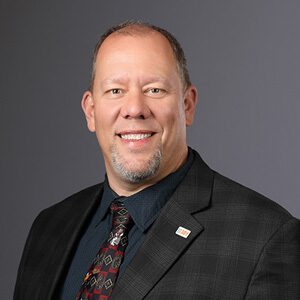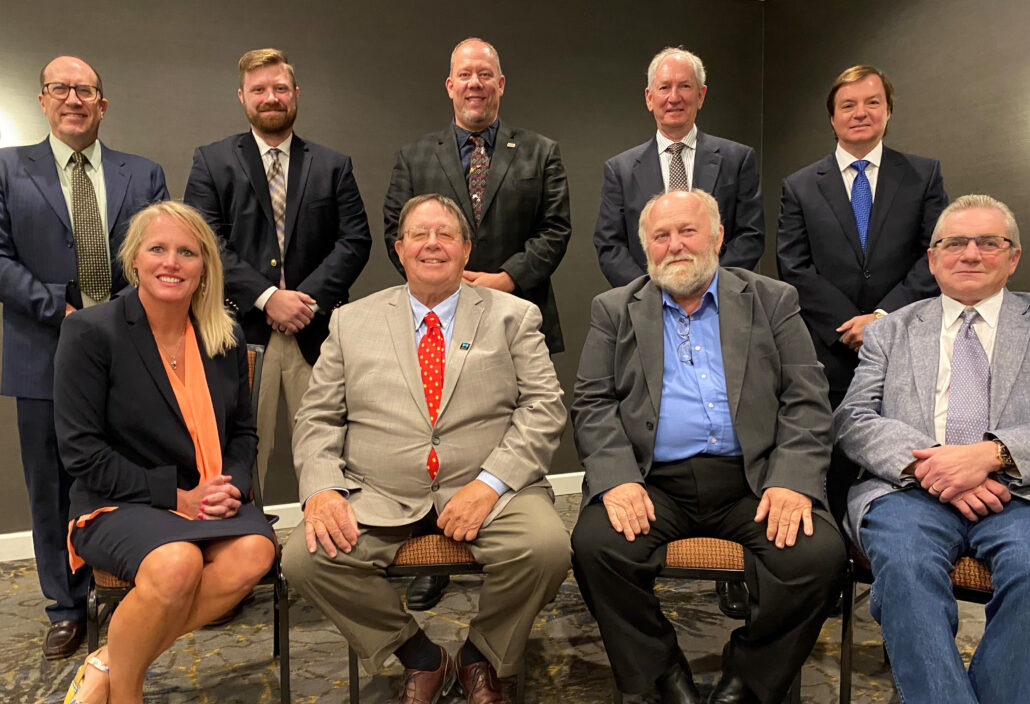Donkers replaces Schrader on SSGA board
Gail Donkers, farmer and Minnesota Soybean Research & Promotion Council director, has been selected to finish the term of Keith Schrader on the Specialty Soya and Grains Alliance Board of Directors.
Donkers farms in Faribault, Minn., raising soybeans, corn, alfalfa, hogs, dairy beef and sheep alongside her family. She grew up on a dairy and diversified livestock farm near Wanamingo, Minn., and graduated from the University of Minnesota with a degree in animal industry marketing and a minor in technical communications.
“At the Identity Preserved International Summit, I saw first-hand what SSGA is doing to broaden the identity preserved field crops market,” Donkers said. “I’m excited to be a part of the organization that is working to develop this potential.”
Donkers will finish Schrader’s term ending in 2023 and will be eligible to run for reelection. The SSGA board approved the move during its March 24 meeting, which was held virtually.
Schrader has served on the SSGA board since it formed in 2019, representing MSR&PC and previously serving as treasurer. Before that, he served on the board of SSGA’s predecessor organization, Midwest Shippers Association, starting in 2010.
Schrader felt it was time for another farmer to take over his position on the SSGA board. He recommended Donkers and thought her experience on her farm and other professional roles would lend itself well to SSGA.
“I’m ecstatic that such a quality person like Gail can join the SSGA board,” Schrader said. “She is very involved on her farm but also has extensive experience working for other ag associations and communications roles. She’s a person who can cover all of the bases and do it well.”
Although retiring from the SSGA board, Schrader will still be involved in the organization as a member and as part of the agronomy action team.
“This is such a close-knit industry, and I’ve loved working with these people,” Schrader said. “Even though these businesses are in competition, I admire the way they work as a team to better the industry.”

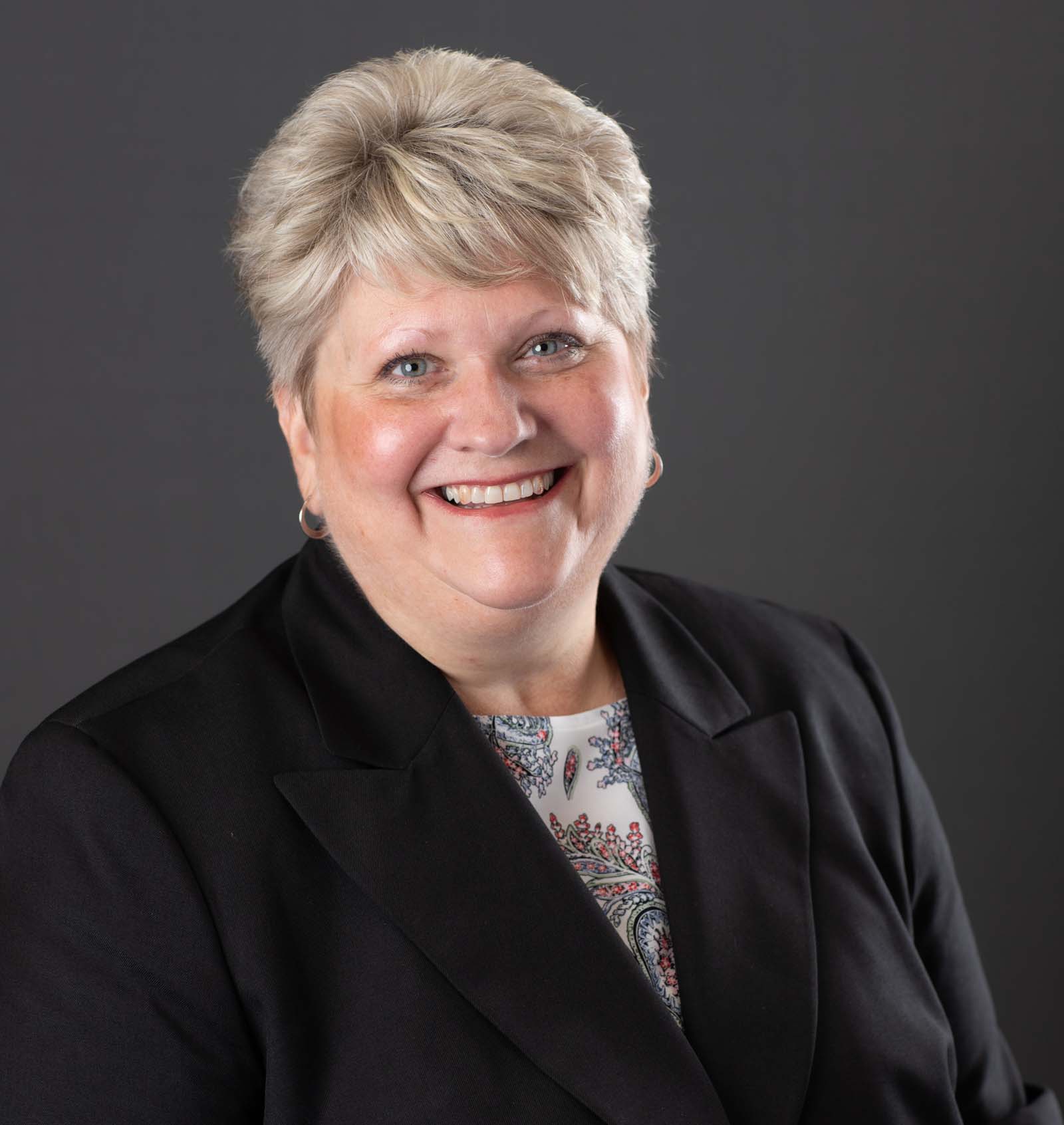
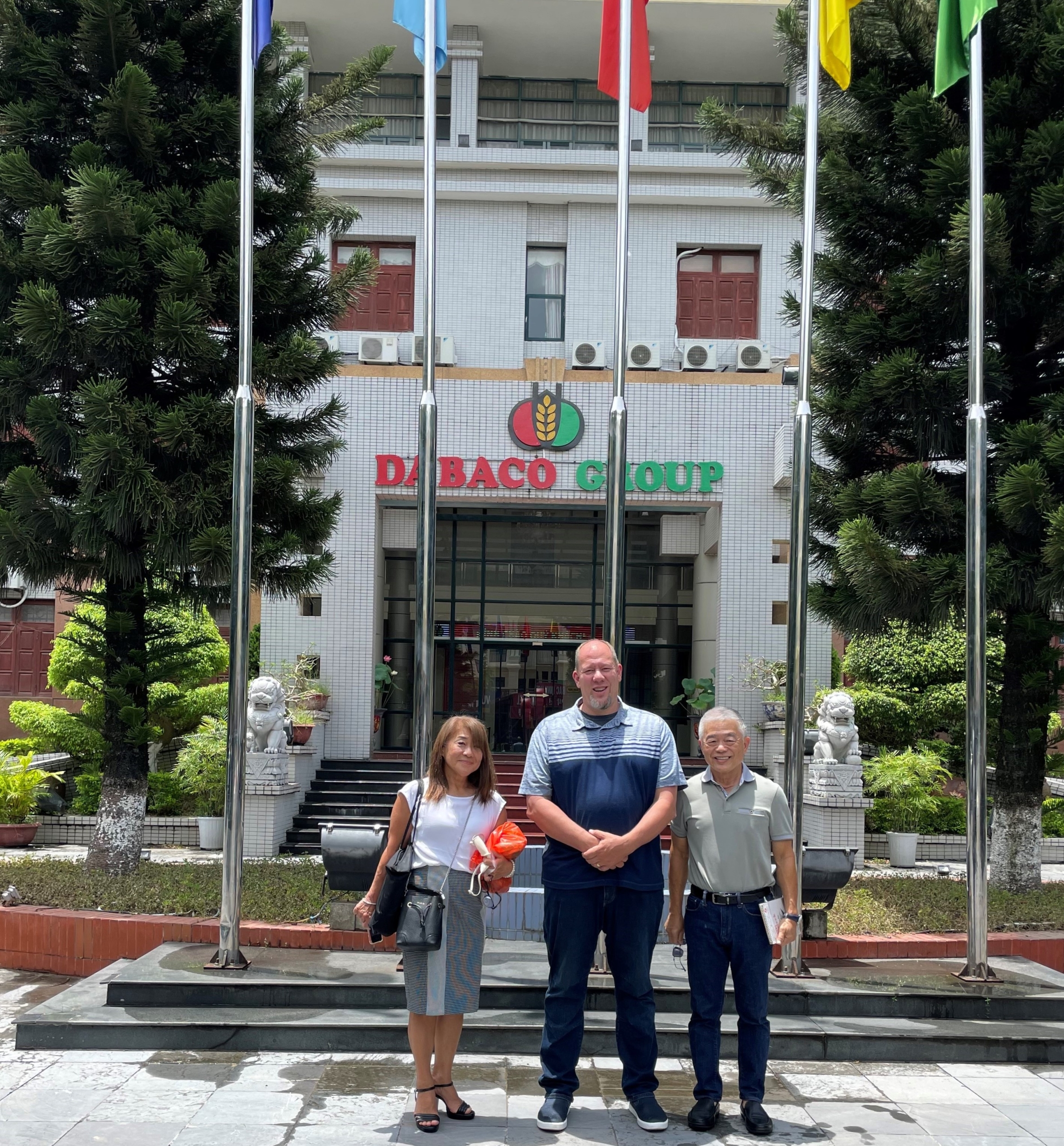 Following their visit with Vinasoy, a Vietnamese soymilk and soy drink producer, Huynh believes the prospect of Vinasoy importing U.S. Identity Preserved soybeans to be high. Vinasoy staff recently returned from the Food Grade Soybean Procurement Course at Northern Crops Institute in Fargo, N.D. Prather and Huynh also met with Dabaco, a feed and food production company and have more visits planned.
Following their visit with Vinasoy, a Vietnamese soymilk and soy drink producer, Huynh believes the prospect of Vinasoy importing U.S. Identity Preserved soybeans to be high. Vinasoy staff recently returned from the Food Grade Soybean Procurement Course at Northern Crops Institute in Fargo, N.D. Prather and Huynh also met with Dabaco, a feed and food production company and have more visits planned.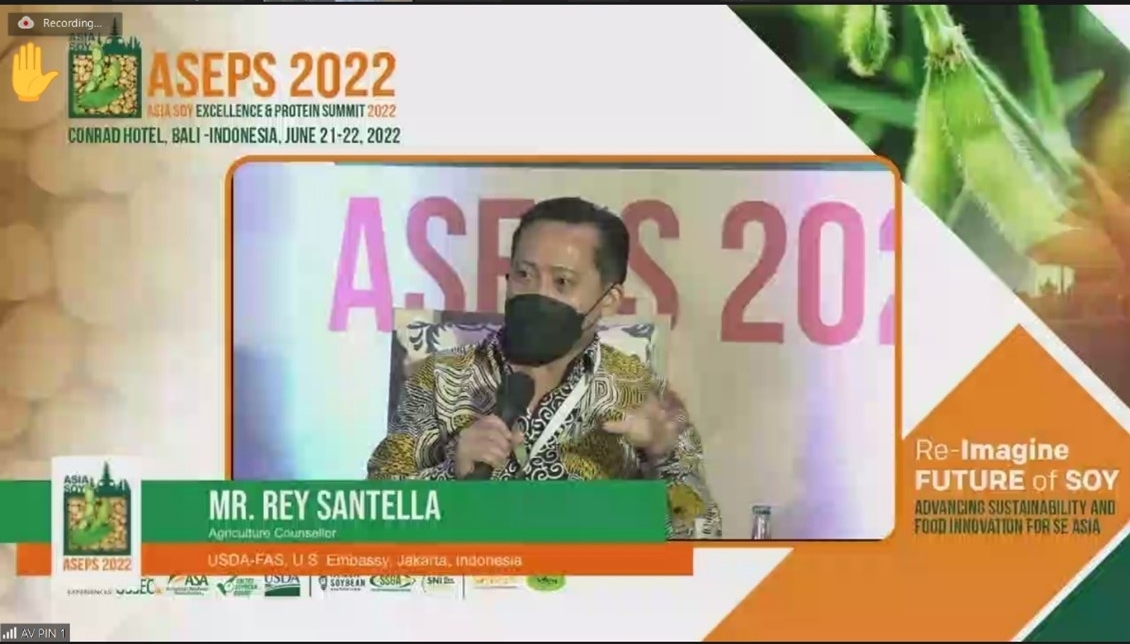 SSGA had the opportunity to weigh in on that concern during the conference, hosted by the U.S. Soybean Export Council (USSEC) June 21-22 in Bali. Presenting virtually, SSGA Executive Director Eric Wenberg and Chair Rob Prather briefed about 150 attendees on current identity preserved (IP) crop production issues, logistics and container shipping during the hybrid event. Steve Peach, a Michigan farmer and member of the Michigan Soybean Committee, and Troy Berndt, a grower relations specialist in Wisconsin, updated attendees on the 2022 growing season in their respective states/regions.
SSGA had the opportunity to weigh in on that concern during the conference, hosted by the U.S. Soybean Export Council (USSEC) June 21-22 in Bali. Presenting virtually, SSGA Executive Director Eric Wenberg and Chair Rob Prather briefed about 150 attendees on current identity preserved (IP) crop production issues, logistics and container shipping during the hybrid event. Steve Peach, a Michigan farmer and member of the Michigan Soybean Committee, and Troy Berndt, a grower relations specialist in Wisconsin, updated attendees on the 2022 growing season in their respective states/regions.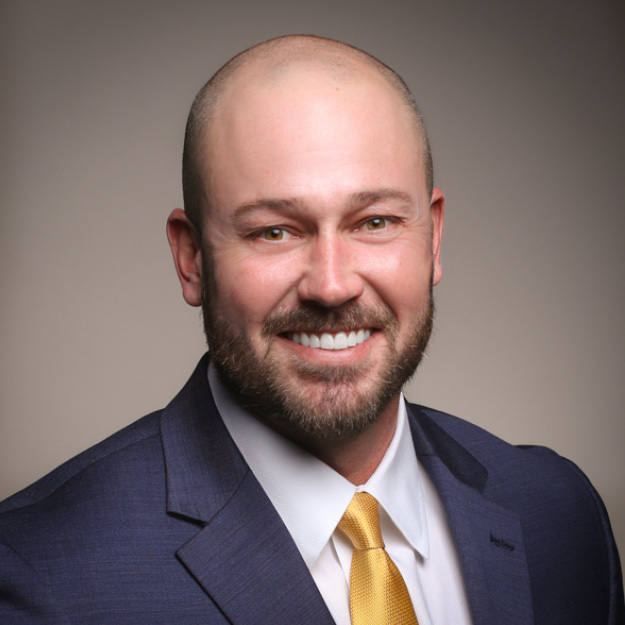 “In essence, I was pre-med, but I ended up falling in love with genetics,” Stobaugh said. “I applied to every genetic course that offered graduate school in all the surrounding states.”
“In essence, I was pre-med, but I ended up falling in love with genetics,” Stobaugh said. “I applied to every genetic course that offered graduate school in all the surrounding states.” Specialty Soya and Grains Alliance (SSGA) Treasurer Colby Eymann grew up in Kansas City, but agriculture and farming runs deep in his family for generations.
Specialty Soya and Grains Alliance (SSGA) Treasurer Colby Eymann grew up in Kansas City, but agriculture and farming runs deep in his family for generations.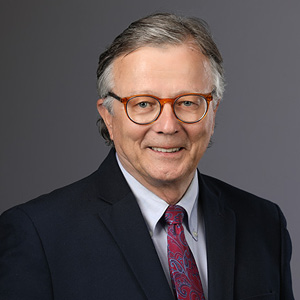 SSGA is grateful for Abbe’s service as it has grown into a national business organization.
SSGA is grateful for Abbe’s service as it has grown into a national business organization.